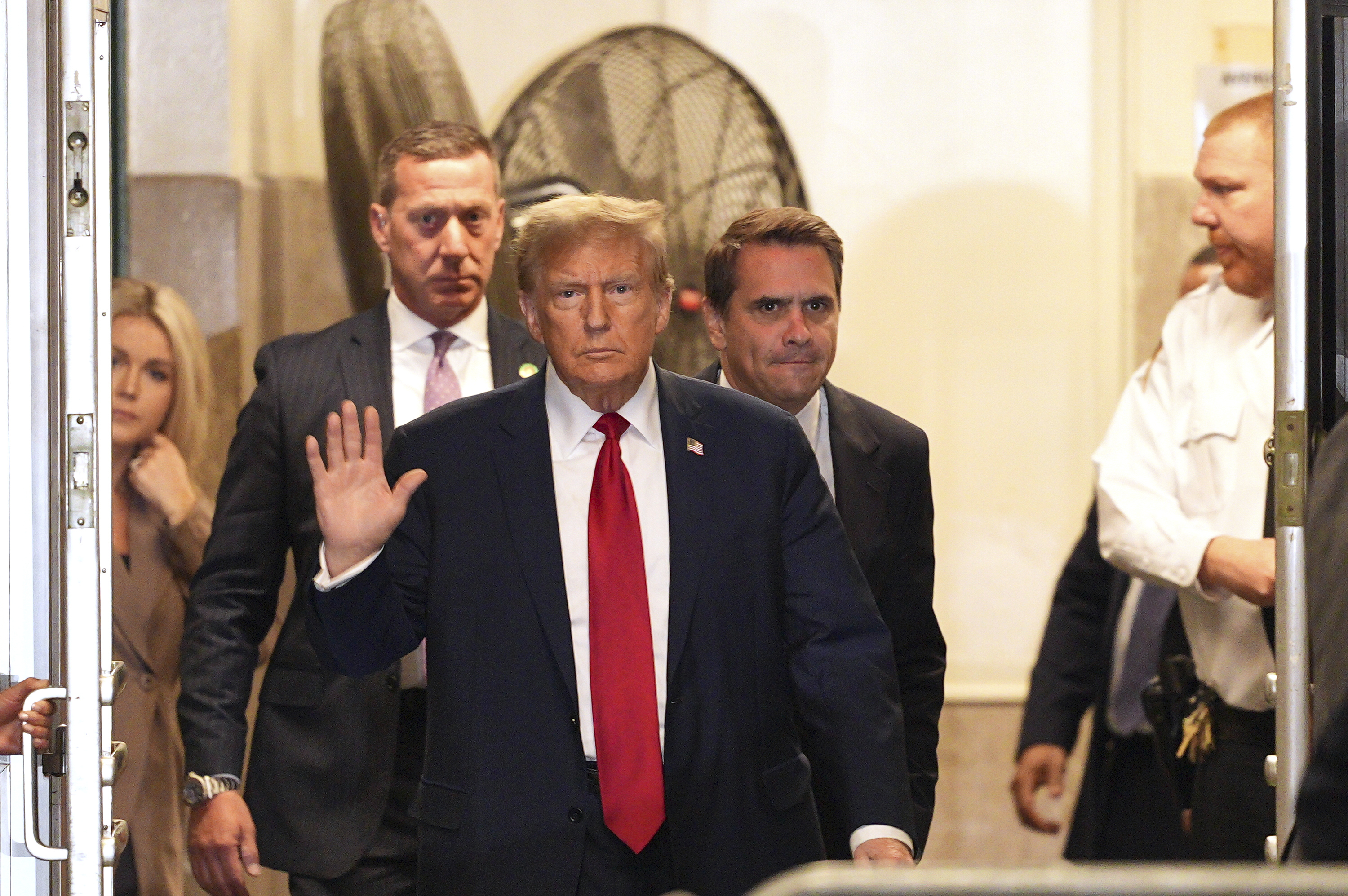Patricia Watkins isn’t one of the Big Four mayoral candidates, but she surprised a lot of Chicagoans when she put an ad on the air this week. Watkins grew up in Cabrini-Green and Roseland, dropping out of high school to work in the steel mills. After the mills shut down in the early 1980s, she became involved in church and community organizing work, eventually earning a bachelor’s in urban development at Spertus Institute, and a Ph.D. in management of non-profit agencies from Capella University. Before running for mayor, she was CEO of Target Area Development Corporation, an Auburn-Gresham community group. Ward Room spoke with Watkins this morning.
Q: What would you about the parking meter deal?
A: I believe that if we did have to give the money back, Chicagoans would be willing to do some type of special assessment in order to get out of that parking meter deal, because we lost big time for that, and we’ll be losing for years.
Q: What kind of special assessment?
A: That’s something we’ll have to find out. We’ll talk to different people and find out what makes sense.
Q: Do you want to keep Police Superintendent Jody Weis?
A: My question would be, first, does Jody Weis even want to stay here in Chicago. I know crime is down. I am not quick to say I would get rid of Jody Weis, even though people are upset with him, the rank and file has marched against him. Anytime you try to push for real change and get some significant differences, you’re going to have people pushing back.
Politics
Q: What do you think of proposals to shift officers to higher crime districts?
A: I think just using this idea to put more cops on the street is not going to benefit the city as well as it could if we were to engage community members in helping to solve the crime challenges we have in our neighborhoods.
Q: So you think community policing is more effective?
A: Yeah, I think that we need street-level intervention, a program like CeaseFire, that helps connect people to opportunities and get them back into mainstream society. We have hundreds of thousands of people who are isolated in this city, who are not able to get jobs and housing, and we’ve got to know that’s not going to be OK.
Q: Do you think we need an elected school board?
A: I think we absolutely need an elected school board, and we need an educator to run the schools. I think the educator should be appointed by the mayor.
Q: We don’t know a lot about you yet. Give us your bio.
A: I grew up in Cabrini-Green. My dad was a cab driver, my mom was a civil rights activist. My dad ended up getting in a terrible accident, and was unable to work, and my mom had seven children and she had a sixth-grade education. She did not want to see us stay in Cabrini-Green, so she went on to college and eventually she became the director of respiratory care at Provident Hospital. Eventually, she moved us to the South Side of Chicago. We started running a little wild. I started using drugs when I was 11. I went to Fenger High School. I was only there a few years. Because of violence, I left the school when I was 16. I put my age up, and I went to work at the Ingersoll-Rand steel mill.
Q: Did you get laid off when the steel mills shut down?
A: Yes. In ’81.
Q: Where did you go from there?
A: I started working for a church, Ambassadors for Christ. I got help, I got off drugs, and my life turned around. I became the administrator of the church.
Q: What did you do as a community organizer?
A: We moved out south. The church bought a building at the corner of 79th and Ashland. We started working on commercial corridors. It eventually became a TIF, and we ended up getting $52 million in reinvestments on that one-mile strip of 79th Street. But people said they were afraid to go up on 79th Street. That’s what made us start getting into organizing, because we knew that the drug trade was organized crime in our neighborhoods. We couldn’t take on organized crime, so we looked at the smaller problems, like the prostitution issue. We took a building owner to court and we sued, and he put the people out that was running the ring. Then we turned our attention to the drugs and gangs. We started looking at the root causes of the problem: criminal justice and education. When we got out there on those streets, and when we started working with those guys, and we let ’em know they could not sell drugs on those corners, what we found was that they couldn’t get jobs, they couldn’t get into school.
We went to Springfield, so we could pass new laws, so that we could seal the records of these guys, so they could go back to work. We ran smack dab into the Illinois Retail Merchants Association. We worked with them, and they became a partner to us. We were able to seal Class 4 felonies -- drug possession, prostitution. They wrote the proposal.
Q: How much money have you raised so far?
A: $535,000.
Q: Were you involved in the process to choose a consensus black candidate?
A: I went through that process. All of the black candidates were invited, so it’d be foolish not take advantage of it. But they also asked, “If we don’t pick you, would you get out and support this consensus candidate?” I told them no. They just turned their heads away, like, “O.K., you finished.”



